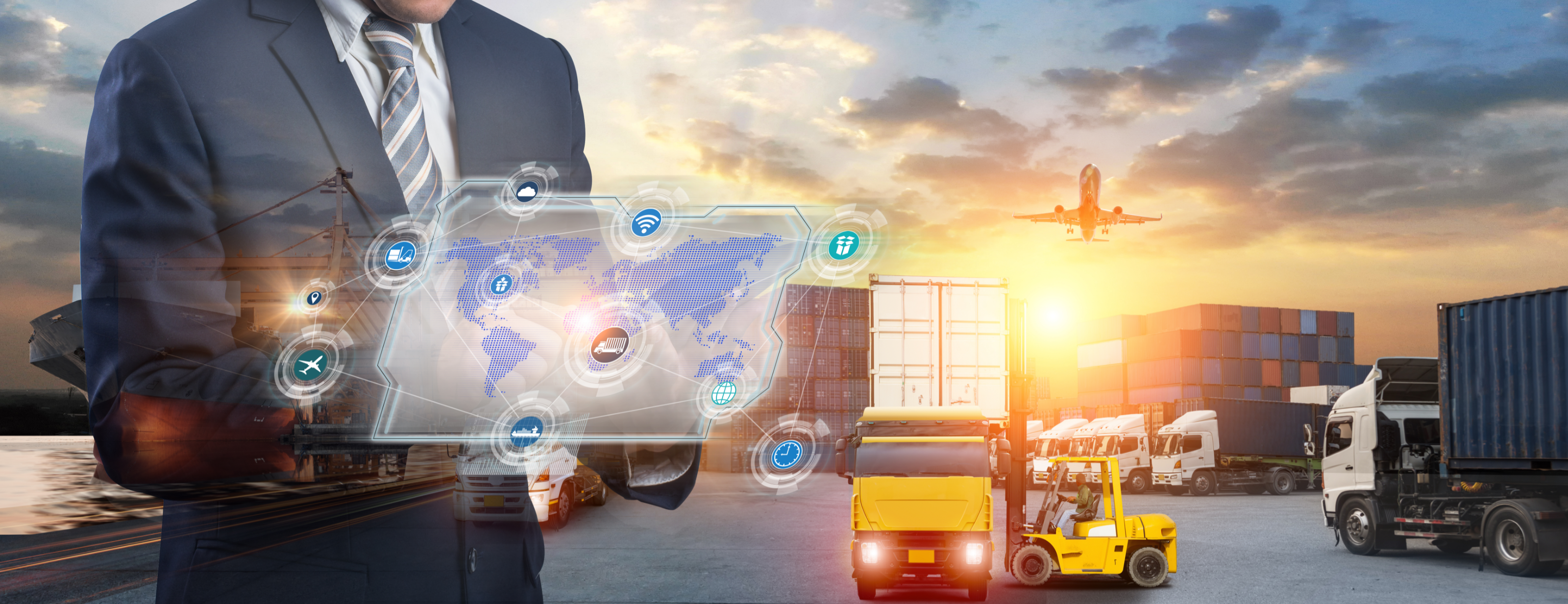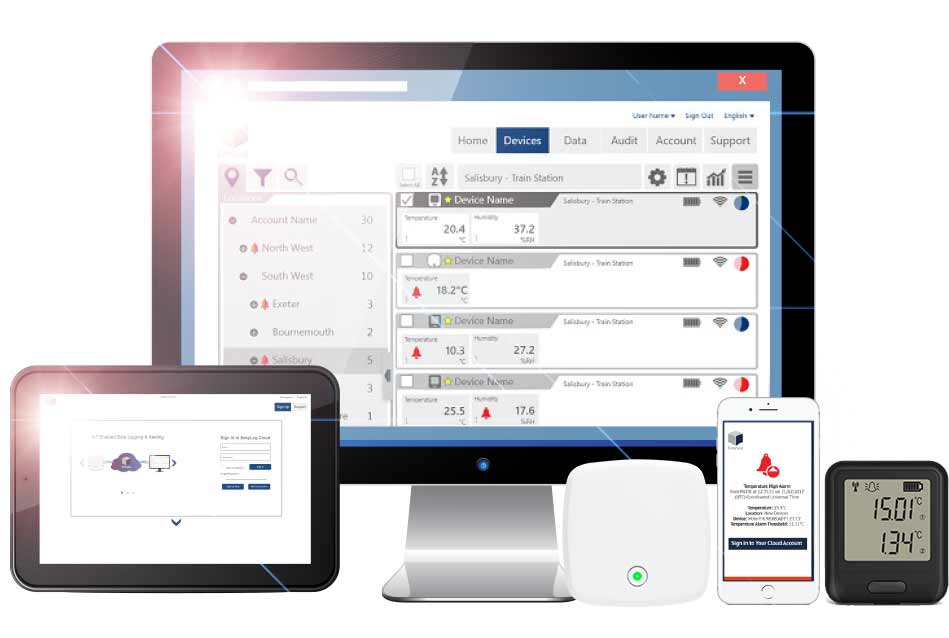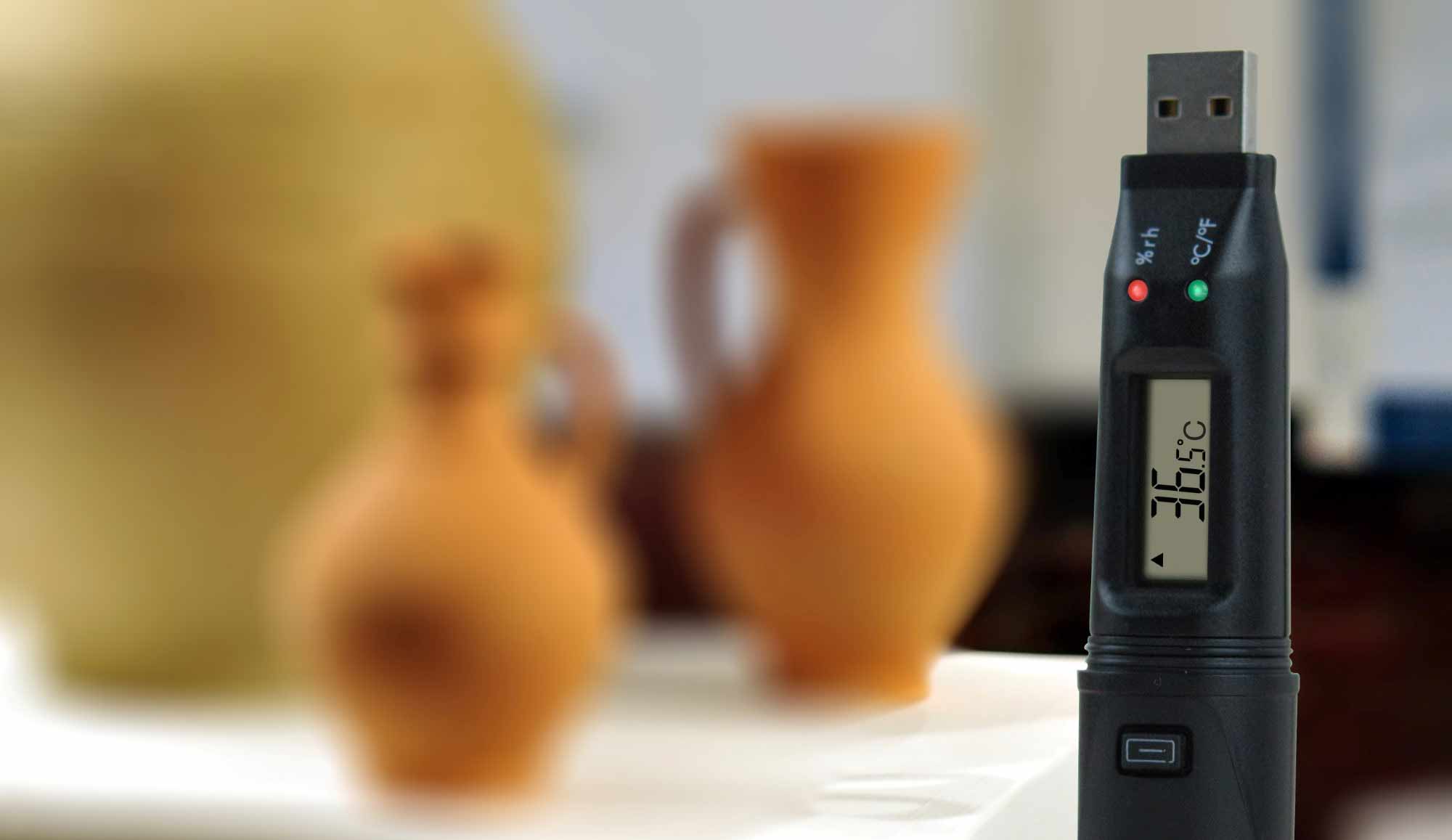How to Choose the Right Data Logger for Your Application
In today's data-centric society, selecting the right data logger is of utmost importance for accurate and reliable data collection. Whether you are monitoring environmental conditions, tracking energy usage, ensuring the safety of perishable goods, or conducting scientific research, choosing the correct data logger is crucial.
To assist you in making informed decisions, we present a comprehensive buying guide that provides valuable insights and information. We will explore the diverse types of data loggers available, such as temperature, humidity, pressure, and air quality data recorders, along with their specific applications. Additionally, we will delve into the benefits of data loggers, key features to consider, and compliance with industry standards.

Understanding Data Loggers: An Overview
Data loggers are devices that capture and store measured data over time, serving as indispensable tools in scientific research, industrial processes, transportation, and environmental monitoring. Continuous data collection and analysis are vital for optimising operations and making informed decisions across various sectors.
These devices can monitor parameters such as temperature, humidity, pressure, CO2 levels, and voltage. Some data loggers operate independently, while others are connected to networks or computers for real-time monitoring and analysis. By carefully implementing a data logging system, users can gather and analyse data effectively, enabling data-driven decisions to be made.
Advantages of Data Loggers
Data loggers offer numerous benefits, including:
- Continuous and accurate data collection over time
- Elimination of manual data collection and reduction of human error
- Large data storage capacity for in-depth analysis and trend identification
- Real-time monitoring and immediate alerts for prompt action
- Valuable insights and improved decision-making processes
- Compliance with industry-specific data logging standards
- Improved process optimisation and cost-saving opportunities
These advantages make data loggers vital tools for precise and reliable data capture. Their ability to continuously collect accurate data over time ensures no essential information is overlooked. By automating data measurement and recording, data loggers eliminate the need for manual data entry, reducing the risk of human error and freeing up time for other tasks. With their ample data storage capacities, these devices enable in-depth analysis and trend detection, empowering users to make informed decisions based on extensive data sets.

Choosing the Right Data Logger
Choosing the best data logger requires careful evaluation of several factors. Firstly, consider the parameters that need to be monitored, there are data loggers available for a wide range of measurement parameters, some data loggers combine the measurement of multiple parameters. Typical measurement options include:
- Temperature
- Temperature and Humidity
- Voltage
- Current and 4-20 mA
- Event / Count / State
- Carbon Dioxide
- Carbon Monoxide
- Air Quality
Many data logging systems are designed for specific specialist applications including vaccine temperature monitoring and ultra-low temperature monitoring for biomedical and pharmaceutical applications.
Data storage capacity is an important consideration, especially for applications requiring long-term monitoring at higher measurement rates. Select a data logger with sufficient memory to store essential data without frequent downloads. Users who need remote data access or sharing capabilities can choose cloud-based data logging solutions.
Real-time monitoring is another crucial aspect, particularly in applications demanding immediate responses. Users should choose data loggers with this capability. It is also essential to consider industry-specific regulations and recommendations while selecting a data logger.
Finally, evaluate the device's longevity, battery life, and operating conditions, particularly if it will be used in harsh environments. By considering these factors, users can select a data logger that aligns with their requirements, providing accurate and reliable data for their applications.

Common Applications
Data loggers are employed in various sectors and fields due to their versatility and wide range of uses. Some common applications include:
- Environmental monitoring
- Industrial process control
- Research and development
- Medical industry
- Cold chain monitoring
- Automotive emissions testing
- HVAC system monitoring
- Occupational health and safety monitoring
- Power monitoring
- Food safety monitoring
- Pharmaceutical storage and transport monitoring
- Greenhouse monitoring
- Museum and artefact preservation
- Energy management and optimisation
- Transportation and logistics (temperature-sensitive goods)
- Water quality monitoring
For example, data loggers are employed in environmental monitoring to track temperature, humidity, and air quality in places like greenhouses and buildings. In industrial process control, data loggers monitor equipment temperature, vibrations, and production rates for optimised operations. Medical applications utilise data loggers to ensure proper storage and transportation of medical supplies. Cold chain monitoring is crucial for perishable goods to maintain the appropriate temperature during transportation. Power monitoring with voltage and current data loggers aids in energy management, while food safety and pharmaceutical storage and transport monitoring ensure compliance with regulations. Other applications include HVAC system monitoring, and occupational health and safety monitoring.

Types of Data Loggers
Data loggers come in various types, each designed to monitor and record specific parameters. For instance:
Temperature Data Loggers: Used in applications such as food storage, HVAC systems, and environmental monitoring to measure and record temperature changes over time.
Humidity Data Loggers: Measure and log relative humidity levels, crucial for controlling moisture in environments like museums, greenhouses, and industrial settings.
Pressure Data Loggers: Collect and record pressure changes in industries like oil and gas, manufacturing, and aerospace to monitor system performance and optimise operations.
Voltage and Current Data Loggers: Monitor and log electrical parameters for power consumption tracking, power utilization optimization, and equipment safety assurance.
Air Quality Data Loggers: Analyse and record indoor and outdoor air quality, important for maintaining healthy surroundings in environmental monitoring, industrial facilities, and occupational safety.
Each type of data logger serves a distinct purpose, enabling businesses and industries to collect precise and valuable data for analysis and decision-making.
Make Data-Driven Decision with FilesThruTheAir
Data loggers are powerful tools that play a crucial role in numerous fields and applications. They allow for continuous monitoring and recording of essential parameters like temperature, humidity, pressure, and more. Data loggers provide accurate and reliable information that streamlines operations, enhances processes, and ensures compliance with safety and quality standards.
For high-quality data loggers tailored to your unique application, visit the FilesThruTheAir data logger shop today. FilesThruTheAir is a trusted expert and supplier of dependable and innovative data logging systems. Our extensive product line caters to a wide range of end-users and applications, featuring cloud storage, real-time monitoring, and compliance with industry standards.
Don't miss the opportunity to enhance your data monitoring and decision making capabilities with FilesThruTheAir.
